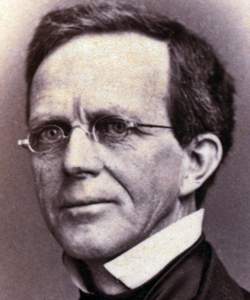Lyman Trumbull (American National Biography)
Trumbull was outraged over the Kansas-Nebraska Act of 1854. Like many in Illinois, he saw the Missouri Compromise, nullified by the Kansas-Nebraska Act, as a pillar comparable to the compromises producing the federal Constitution. The act split the Democrats in Illinois, with Trumbull leading the anti-Nebraska faction. That fall Trumbull ran for the U.S. House from the state's Eighth Congressional District, drawing support from Whigs, Free Soilers, and anti-Nebraska Democrats. He defeated Phillip B. Foulke, a pro-Nebraska Democrat, by about 2,700 votes. In February 1855 the Illinois legislature elected Trumbull to the U.S. Senate over pro-Nebraska Democratic incumbent James Shields, Abraham Lincoln, and Governor Joel Matteson, after candidate Lincoln instructed supporters to vote for Trumbull on the tenth ballot. While in Congress, Trumbull completed the transformation from anti-Nebraska Democrat to Republican in 1857. He opposed the proslavery Lecompton constitution for Kansas, arguing that Congress should decide such matters for the territory. In the secession crisis, Trumbull rejected the Crittenden Compromise measures.





